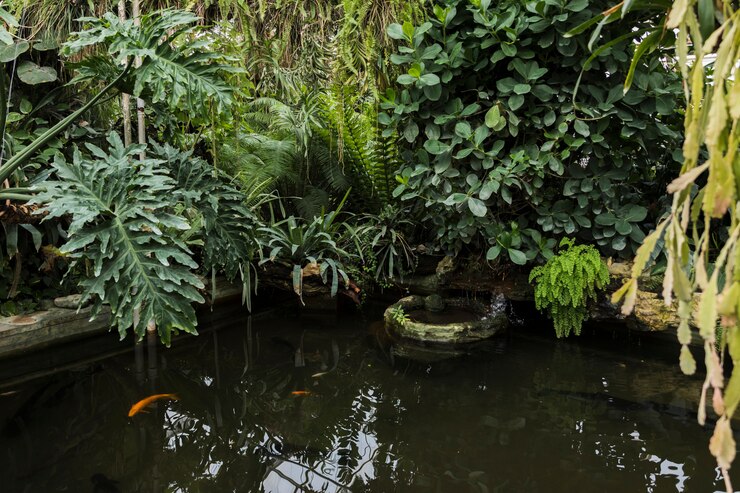When it comes to choosing between a rain garden and traditional landscaping for your Seattle home, there are several factors to consider. Both options offer unique benefits, but rain gardens provide significant environmental advantages that make them a superior choice for eco-conscious homeowners. Here’s a comparison of rain gardens and traditional landscaping to help you decide which is better for your property.
1. Water Management
- Rain Gardens: Designed to capture and filter stormwater runoff, rain gardens help manage excess rainwater by allowing it to infiltrate the soil. This reduces the strain on Seattle’s storm drains, prevents flooding, and helps recharge groundwater.
- Traditional Landscaping: While traditional landscapes can be beautiful, they often fail to address water management. Lawns and non-native plants can contribute to water runoff, which increases the risk of flooding and erosion, especially in Seattle’s rainy climate.
2. Environmental Impact
- Rain Gardens: Rain gardens are environmentally friendly by nature. They reduce pollution, promote biodiversity, and provide habitat for wildlife. By using native plants, rain gardens support the local ecosystem and require fewer resources to maintain.
- Traditional Landscaping: Traditional landscaping often relies on non-native plants that require more water, fertilizers, and pesticides to thrive. This can lead to water waste, chemical runoff, and a lack of support for local wildlife.
3. Maintenance
- Rain Gardens: Once established, rain gardens are relatively low-maintenance. Native plants are adapted to Seattle’s climate and need little supplemental water or care. Occasional weeding, mulching, and pruning are typically all that’s needed.
- Traditional Landscaping: Lawns and exotic plants often require frequent watering, fertilizing, mowing, and pest control. This can be time-consuming and costly, especially during dry months when additional irrigation is necessary.
4. Aesthetic Appeal
- Rain Gardens: Rain gardens offer a natural, diverse, and ever-changing landscape that appeals to nature lovers. The variety of plants and textures creates a dynamic, colorful garden that looks beautiful year-round.
- Traditional Landscaping: Traditional landscaping often emphasizes uniformity, with neatly trimmed lawns, manicured hedges, and annual flowers. While visually pleasing, it can lack the ecological richness and variety found in rain gardens.
5. Cost
- Rain Gardens: Installing a rain garden can be cost-effective, especially if you take a DIY approach. In the long run, rain gardens save money by reducing water usage and maintenance costs. Additionally, Seattle offers rebates and incentives for homeowners who install rain gardens.
- Traditional Landscaping: While traditional landscaping may have lower upfront costs, the ongoing maintenance, water bills, and need for fertilizers and pesticides can add up over time.
6. Climate Resilience
- Rain Gardens: Rain gardens are well-suited to Seattle’s climate, handling both heavy rain and dry spells with ease. The native plants in rain gardens are resilient to climate fluctuations, making them a sustainable choice in the face of changing weather patterns.
- Traditional Landscaping: Traditional landscapes, particularly those with large lawns, are less resilient to climate extremes. During droughts, they often require excessive watering, while heavy rains can lead to waterlogged soil and plant damage.
Conclusion While both rain gardens and traditional landscaping have their merits, rain gardens offer significant environmental, economic, and aesthetic advantages that make them the better choice for Seattle homeowners. By installing a rain garden, you’ll not only create a beautiful and functional landscape but also contribute to water conservation, pollution reduction, and biodiversity. It’s a win-win for you and the environment.
